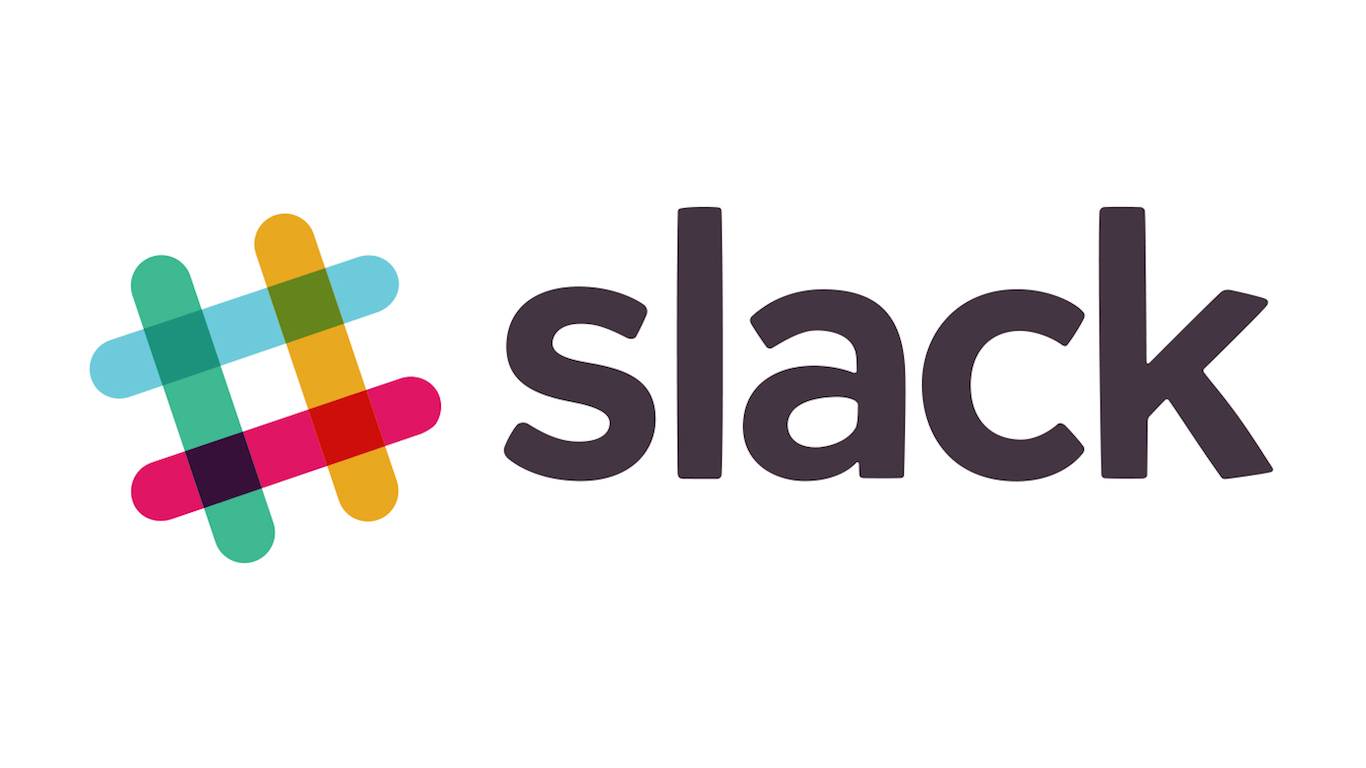
When distributed messaging service Slack Technologies Inc. (NYSE: WORK) reported earnings after markets closed Thursday, investors drained about 16% off the stock price. That loss transferred in all its ugliness to Friday’s regular trading session.
The company’s first-quarter results were better than expected on both the top and bottom lines. Revenue of $201.7 million was about 8% higher than analysts’ estimate and the adjusted loss per share of $0.02 was a third of the expected loss.
However, the company withdrew its fiscal year forecast of $1 billion in annual billings and projected full-year revenues in a range of $855 million to $877 million, up only slightly from the company’s mid-March forecast. Is Slack just being cautious about the second half of the year when other companies are being more bullish?
Slack CEO Stewart Butterfield said in an interview that “the second half of the year is just too complex.” To some analysts, that can mean the company’s executive management doesn’t have a clue. To others, it means that even though investors are still bullish, the company’s own projections are more moderate.
In Slack’s case, it could be a combination of factors. In the current stay-at-home world of American companies, the clear winner has been Zoom Video Communications Inc. (NASDAQ: ZM), and every product that supports workplaces scattered all over the country and world are measured against Zoom’s breakout performance.
By that yardstick, Slack’s 50% year-over-year revenue increase is barely so-so. And Zoom’s forecast for the rest of 2020 projects revenue to continue its rocket ride.
Another major reason for investor coolness is much stiffer competition from Microsoft Corp. (NASDAQ: MSFT) with its Teams product, a direct competitor of Slack’s, that is being offered at a much lower price.
Some help might show up from another mega-player. On Thursday, Amazon.com Inc. (NASDAQ: AMZN) announced a partnership with Slack that will result in a Slack product that runs on Amazon’s AWS platform. The partnership with Amazon gives Slack a competitive hardware platform that might make competing with Microsoft a little easier. The questions for investors are how fast this can happen and how committed to the project is Amazon.
Analysts were not exactly wild about Slack’s first-quarter results, but more seem to like the stock, or at least like its prospects for a rising share price. Of 10 analysts who have already weighed in, only one downgraded the stock and only one upgraded it. The rest maintained or initiated a rating.
Here’s what it looks like:
- Canaccord Genuity maintains a Buy rating and raises the target from $25 to $38.
- Credit Suisse maintains a Neutral rating but raises the price target from $26 to $30.
- D.A. Davidson maintains a Neutral rating and raises its target from $29 to $32.
- Monness Crespi Hardt cuts the rating from Buy to Neutral.
- Piper Sandler raises its target price from $31 to $40.
- RBC maintains an Outperform rating and raises its target from $28 to $38.
- Wedbush maintains an Underperform rating but raises the price target from $14 to $20.
- Cantor Fitzgerald upgrades it from Positive to Overweight and lifts its target from $30 to $38.
- Barclays maintains its Overweight rating and raises the price target from $23 to $38.
- Oppenheimer initiates coverage with a Hold rating but without a price target.
Slack stock traded down about 15.7% at $31.98 in the late morning Friday. The 52-week range is $15.10 to $42.00, and the consensus price target on the stock is $29.48. The volume of nearly 45 million shares traded was more than double the daily average of about 17.5 million.
It’s Your Money, Your Future—Own It (sponsor)
Retirement can be daunting, but it doesn’t need to be.
Imagine having an expert in your corner to help you with your financial goals. Someone to help you determine if you’re ahead, behind, or right on track. With SmartAsset, that’s not just a dream—it’s reality. This free tool connects you with pre-screened financial advisors who work in your best interests. It’s quick, it’s easy, so take the leap today and start planning smarter!
Don’t waste another minute; get started right here and help your retirement dreams become a retirement reality.
Thank you for reading! Have some feedback for us?
Contact the 24/7 Wall St. editorial team.


